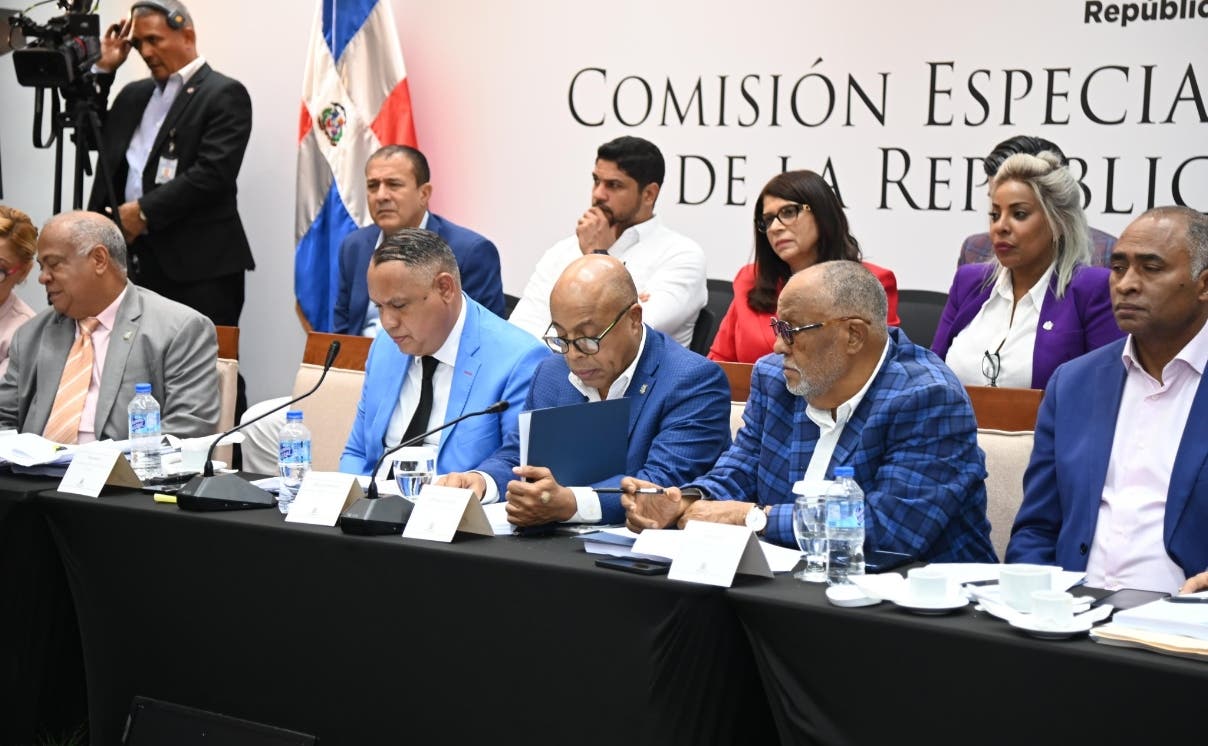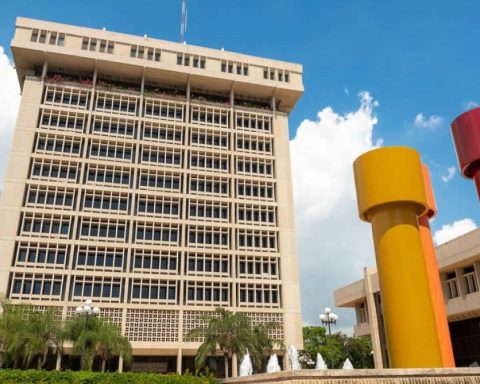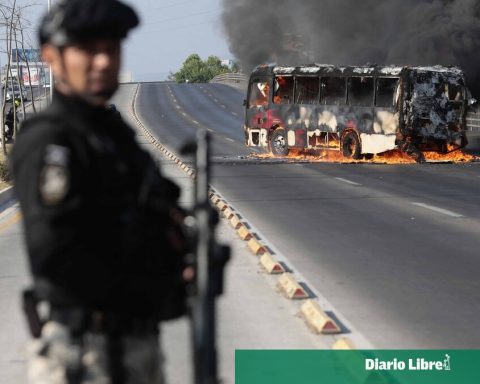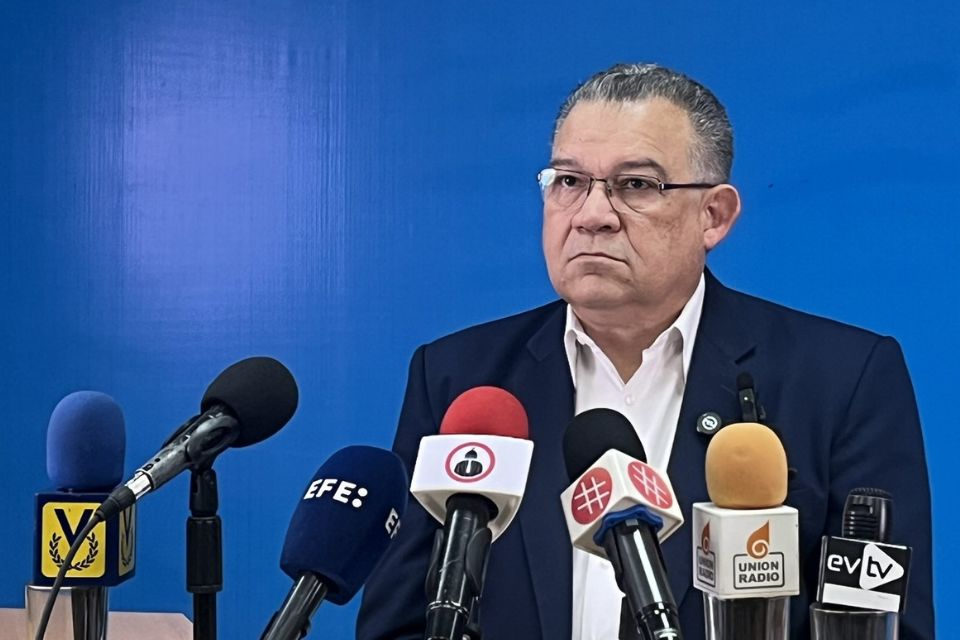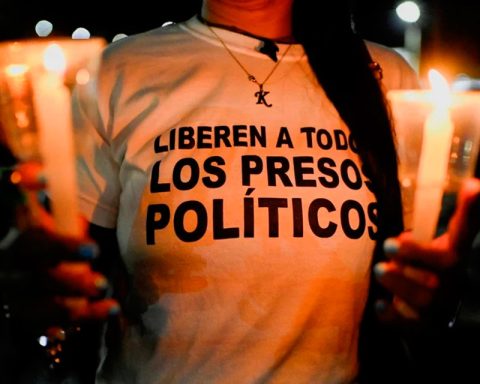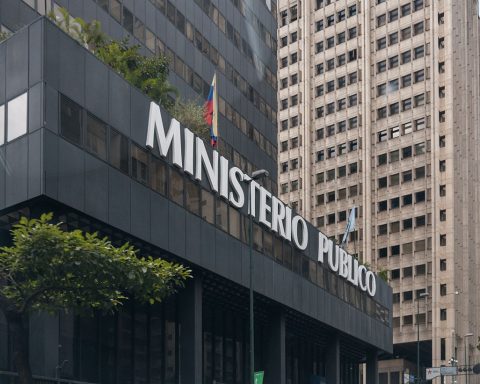Sexual crimes would be imprescriptible in the new Penal Code, according to paragraph II of article 139 of the draft reform of the controversial initiative that has been floating around the National Congress for more than 20 years.
The president of the Special Commission that studied the piece, Alexis Jimenez, He said that in cases where the statute of limitations is not established, crimes expire after ten years and if the crime is very serious, it could last up to 20 years.
According to Article 45 of the Code of Criminal Procedure, all crimes are subject to a ten-year statute of limitations in the Dominican Republic. “Criminal action is subject to a ten-year statute of limitations for offences punishable by imprisonment, and in no case may this period exceed ten years or be less than three,” the law states.
You may be interested in reading: Highlights changes and improvements to the Criminal Code
The Special Commission that studied the draft reform of the Penal Code states in paragraph II that “Sexual assaults, rapes and incest against children and adolescents are imprescriptible.”
“Currently, violations that are not established have a 10-year statute of limitations, and if they are very serious and have to be established, they could last 20 years, but the longest statute of limitations in criminal matters is ten years,” he said.
Current code
Article 330 of the current Penal Code establishes that rape will be punished with a sentence of ten to fifteen years of imprisonment and a fine of one hundred thousand to two hundred thousand pesos.
«However, rape shall be punished with a maximum prison sentence of ten to twenty years and a fine of one hundred thousand to two hundred thousand pesos when it is committed against a person who is particularly vulnerable due to her pregnancy, disability, or physical or mental disability. It shall also be punished with a maximum prison sentence of ten to twenty years and a fine of one hundred thousand to two hundred thousand pesos when it is committed against a child or adolescent, whether by threat of a weapon, by two or more perpetrators or accomplices, by a legitimate, natural, or adoptive ascendant of the victim, by a person who has authority over her, or by a person who has abused the authority conferred upon him by his functions, all of this independently of the provisions of articles 121, 126 to 129, 187 to 191 of the Code for the Protection of Children and Adolescents,» states the aforementioned article.
Management report
In its management report, the commission chaired by Jiménez states that the three draft Codes that were being considered in the Chamber of Deputies were merged.
“The Commission has come to the conclusion that the analysis of this initiative requires sufficient time, due to the need to carry out more detailed studies,” he said.
Reviewed articles
The report indicates that 28 articles were reviewed from the three bills that were considered conflictive or for which modifications were proposed in the public hearing held on Monday, July 15. 102 people and institutions participated in the activity. The articles reviewed were 14, 20, 24, 73, 86, 87, 89, 109, 111, 113, 123, 127, 130, 132,
133,135,136,139, 140,161, 226, 288, 289, 290, 295, 302 and 328. One of the most controversial points was the proposal to include the three causes of abortion in the Penal Code.
